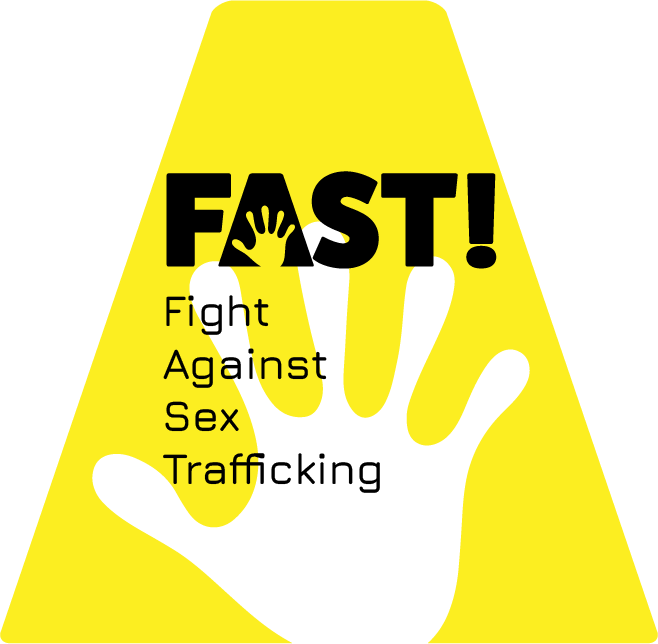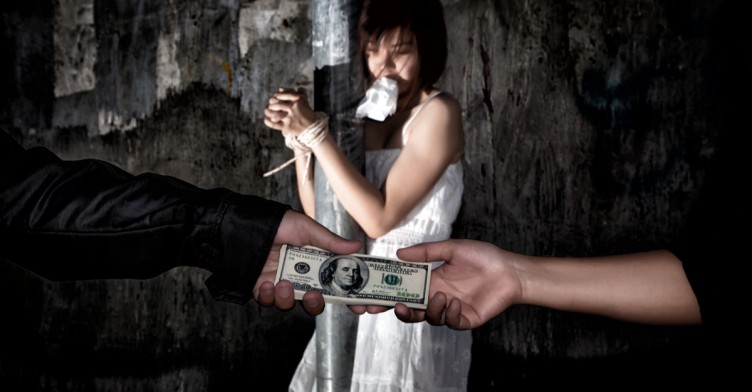Unveiling Human Trafficking: The Hidden Struggle in the UAE. Beneath the opulent image of the United Arab Emirates (UAE) lies a distressing reality: a thriving network of human trafficking and exploitation. While the world admires the UAE’s luxury, non-white women from countries like India, Sri Lanka, Bangladesh, Indonesia, and the Philippines suffer in silence under the weight of commercial exploitation. This silent crisis underscores the urgent need for recognition, action, and equality for these often-overlooked victims.
According to Haaretz, Dubai hides a disturbing fact: approximately 45,000 women endure sexual exploitation within its borders. Drawn by the hope of a better life, these women are ensnared by traffickers who exploit their vulnerability. Despite the staggering numbers, the issue remains largely concealed due to inadequate attention from authorities and society.
The UAE’s skewed gender ratio, with 69% being male, according to the CIA World Factbook, creates an environment ripe for exploiting women seeking opportunities. This imbalance drives demand for cheap female labor across sectors, perpetuating trafficking and abuse. This alarming reality underscores how gender disparities can fuel cycles of exploitation.
Modern Slavery’s Persistence
Modern slavery, often thought of as history, persists in the UAE. In 2021, an estimated 132,000 individuals experienced conditions of modern slavery within the country, subjected to abusive labor in sectors like construction and domestic work. Despite these numbers, both authorities and the global community have shown insufficient urgency in addressing this crisis.
Victims hail from countries like India, Sri Lanka, Bangladesh, Indonesia, Ethiopia, Eritrea, Sudan, Pakistan, and the Philippines. Initially seeking employment, they find themselves trapped in involuntary servitude, facing unpaid labor, confiscated passports, restricted movement, and even physical and sexual abuse. These distressing accounts highlight the plight of these women, who are often marginalized due to their ethnic backgrounds.
Unveiling Human Trafficking
One of the most troubling aspects is the lack of response from authorities and the public, driven by victims’ racial and ethnic origins. The victims’ non-white identities seem to foster indifference, overshadowed by the UAE’s economic and tourism achievements.
UAE authorities have faced criticism for inadequate measures against human trafficking. Despite global pressure and evidence of abuse, insufficient actions to combat trafficking and protect victims reflect a disregard for human rights. The global community’s failure to condemn the UAE’s authorities perpetuates this cycle of exploitation.



